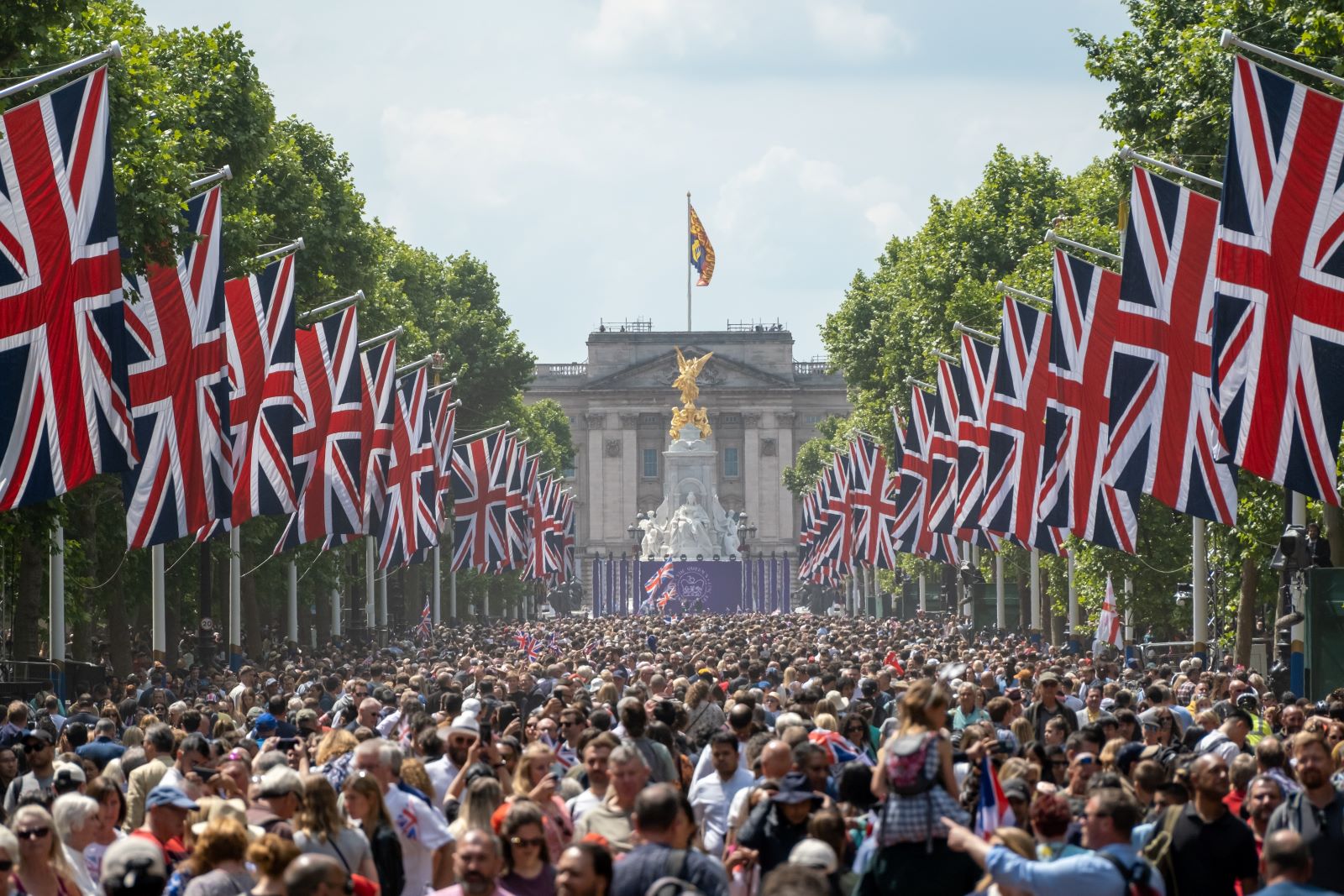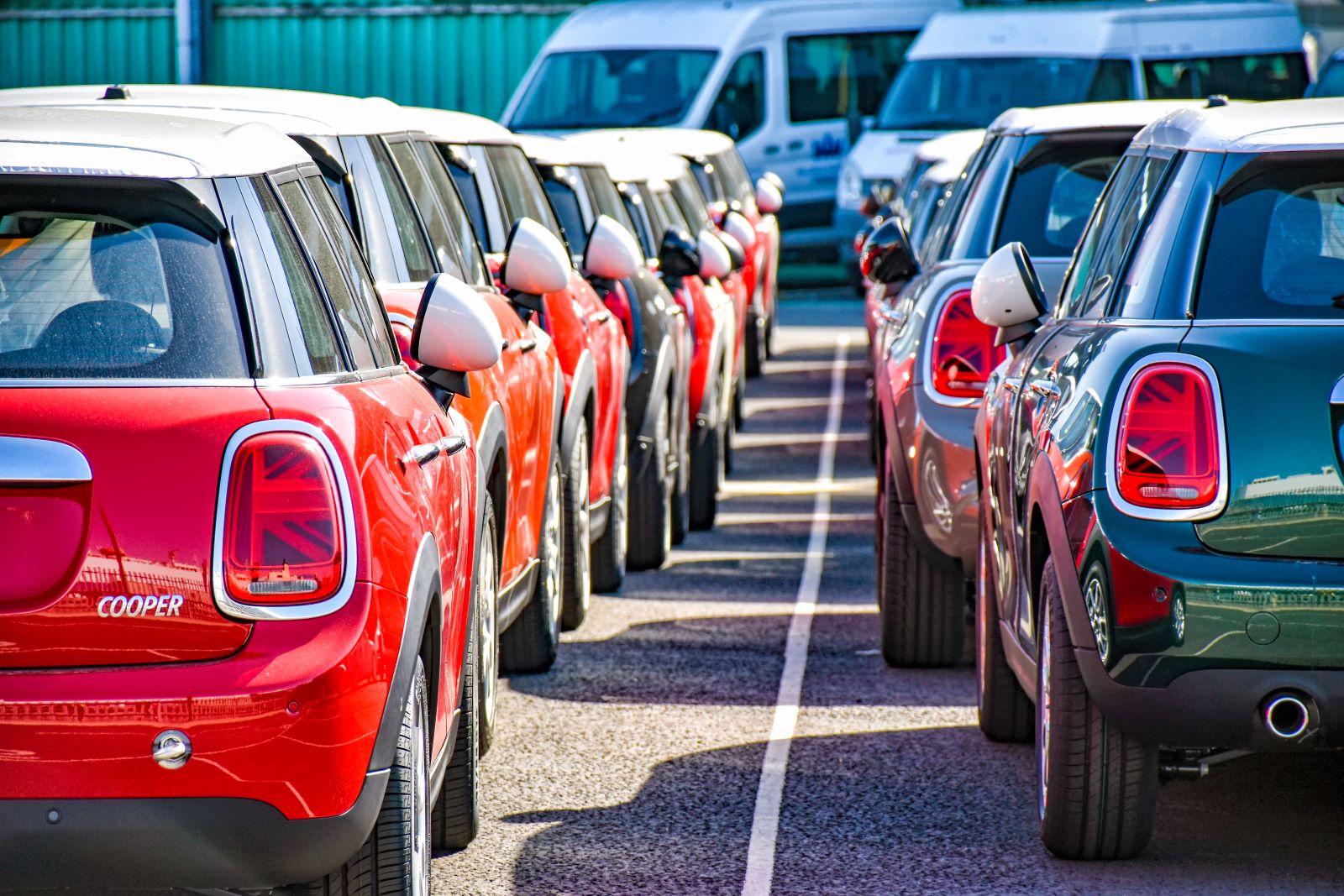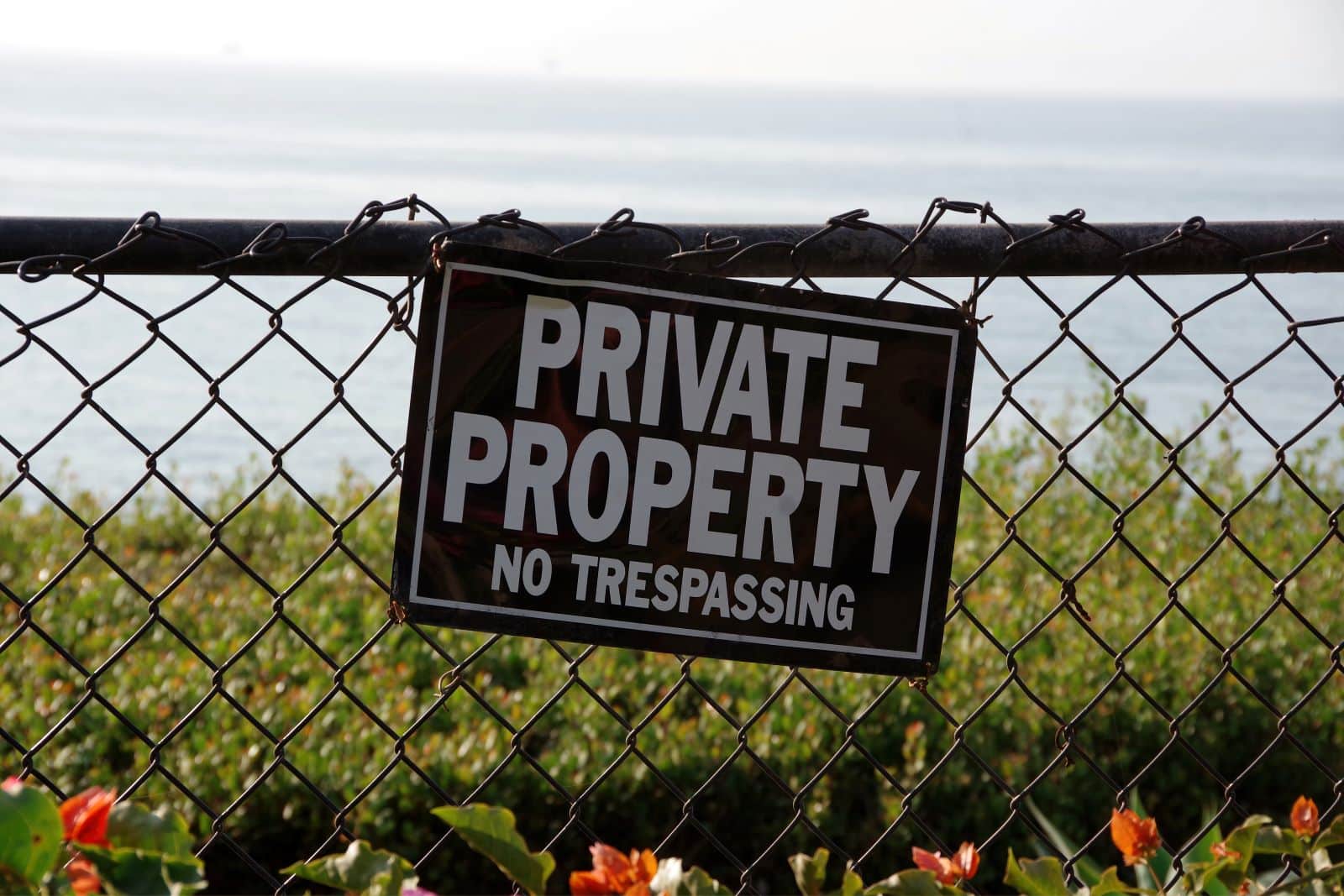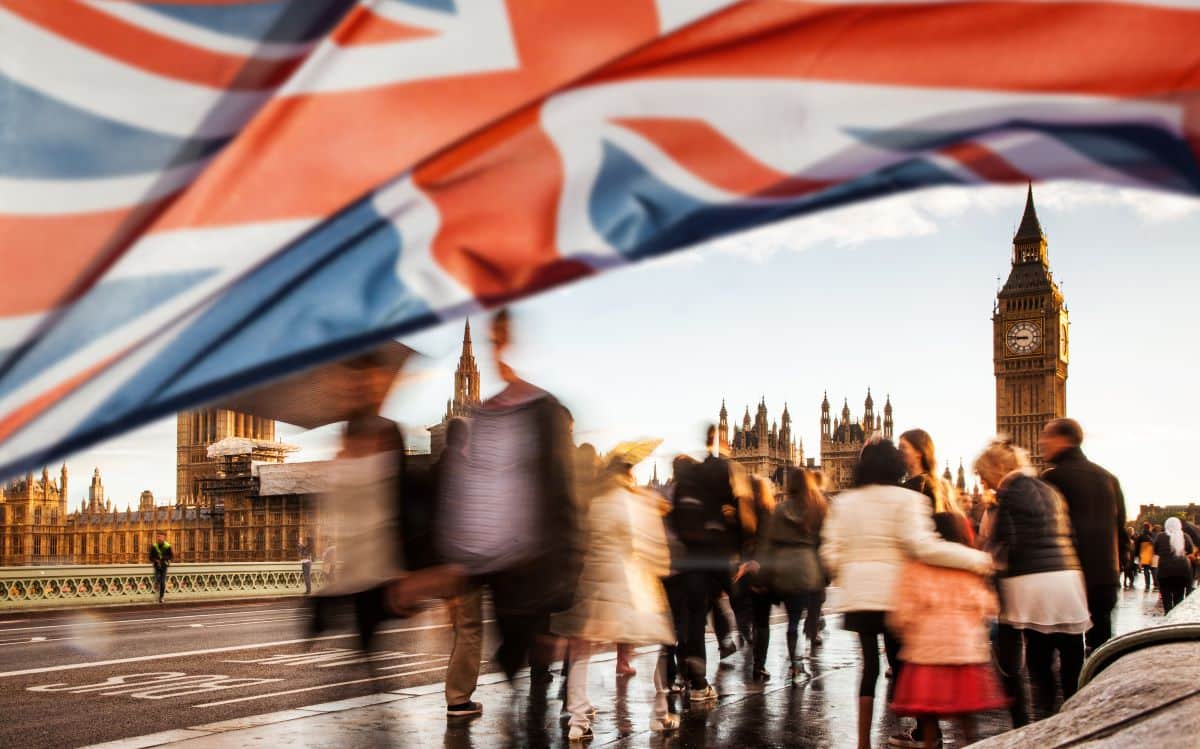The contours of British culture and identity are undergoing significant transformation, raising critical questions about the preservation of our unique heritage in the face of relentless global influences. Are we simply evolving, or are we sacrificing the quintessence of what it means to be British on the altar of modernization?
1. The Homogenization of the High Street

Britain’s high streets, once mosaics of unique local shops, are succumbing to the spread of international chains. Data from recent retail studies illustrate that small businesses are being edged out, replaced by global franchises that strip local flavour from town centres across the UK.
2. Culinary Concession: The Fading Taste of Britain

The British palate is increasingly international, with traditional dishes being sidelined by global flavours. A 2024 food culture survey reveals that international cuisine is now as prevalent as traditional British meals, demonstrating a shift that could dilute the nation’s culinary identity.
3. The BBC’s Global Drift

The BBC, once the standard-bearer of British values, faces criticism for diluting its distinctively British content in favor of a more global appeal. This strategy shift, highlighted in recent broadcasting reviews, risks alienating traditional UK audiences who seek homegrown programming.
4. Foreign Domination in Real Estate

The British property market is increasingly controlled by foreign investors, with significant sections of London and other cities owned by overseas entities. This trend impacts housing affordability for locals and raises concerns about the loss of economic sovereignty.
5. Endangered Native Languages

Languages such as Welsh and Scots Gaelic are under threat, with their use in decline despite preservation efforts. UNESCO’s latest reports classify these languages as endangered, signalling a potential loss of an integral part of Britain’s cultural heritage.
6. Dwindling Community Engagement

The UK’s rich tradition of community engagement is waning, with more individuals choosing online interaction over local involvement. Statistics from the Office for National Statistics in 2023 point to a significant drop in participation in local events, signalling a move towards more isolated lifestyles.
7. Shifting Educational Priorities

The emphasis in UK schools on global history over national history is growing, potentially distancing future generations from their own heritage. Educational bodies reported in 2024 that a decreasing number of students are enrolling in courses focused on British history, opting instead for broader world history curricula.
8. Traditional Crafts in Decline

The digital age is threatening traditional British crafts, with younger generations losing interest in skills like basket weaving and blacksmithing. Cultural institutions warn that without renewed interest and preservation efforts, these crafts could disappear, taking pieces of British history with them.
9. The Commercialization of British Holidays

Commercial interests are reshaping how Britons celebrate holidays, with American-style consumer holidays gaining ground over traditional British observances. This trend is altering the cultural significance of holidays, prioritizing consumerism over heritage.
10. Media Ownership and Its Impacts

The concentration of British media in the hands of a few large, often international corporations is altering the narrative of news and entertainment. This shift away from local ownership affects the representation of British stories and perspectives, potentially skewing public perception.
11. Sports as a Global Commodity

The influx of foreign investment into British sports, particularly football, is transforming these institutions from local community pillars into global enterprises, often at the expense of local fans and traditions.
12. International Laws Over Local Legislation

The UK’s adherence to international agreements and standards sometimes conflicts with national interests, sparking debates over sovereignty and governance. This balance between global cooperation and national autonomy remains a contentious issue.
13. Urban Encroachment on Rural Britain

Urban development is encroaching on Britain’s countryside, leading to a loss of green spaces and rural character. Environmentalists warn that this not only threatens wildlife but also erases landscapes that have defined Britain for centuries.
14. Local News in Crisis

The decline of local journalism is leaving communities without a voice to highlight local issues or celebrate local successes. As media focus consolidates around major urban centres, smaller communities struggle to keep their stories and concerns in the national conversation.
15. The Complex Dynamics of Immigration

While immigration enriches British society with diversity, it also presents challenges in integrating a changing demographic landscape. This evolving mosaic influences social cohesion and cultural identity, with ongoing debates about how best to integrate diverse populations while preserving core British values.
16. Selling Off British Icons

The sale of quintessentially British brands to foreign companies continues to stir unease. From tea brands to car manufacturers, the transfer of these cultural icons to international hands is viewed by some as a loss of national treasures.
17. Privatization’s Impact on Public Trust

The privatization of essential services such as water and transportation has led to a focus on profit over public service, eroding trust and degrading service quality. This shift from public to private control raises concerns about the priorities of essential services.
18. The Virtual Replacement of Real Interaction

The preference for digital communication over traditional social interactions is eroding the fabric of community life, from pub quizzes to town hall meetings, replacing rich, personal interactions with digital exchanges.
19. Public Spaces Turn Private

The conversion of public spaces to private use diminishes access to common areas, affecting community life and cultural practices. This trend towards privatization limits public access to shared spaces, which is crucial for community and cultural events.
20. Globalized Sports Drowning Out Local Fans

The global business model of sports, especially football, prioritizes worldwide audiences over local fans, changing the game from a community event to a global spectacle focused on maximum revenue generation.
21. Political Influence from Abroad

Increasing foreign influence in British politics, whether through lobbying or international policy pressures, challenges the UK’s ability to self-govern independently, stirring concerns about foreign influence on British sovereignty.
Did We Sell Our Soul?

Amid these sweeping changes, we’re left to wonder: is Britain trading its soul for global integration? While adaptation is part of any nation’s evolution, finding a balance between embracing the new and preserving the old is a tough one.
Featured Image Credit: Shutterstock / Melinda Nagy.
For transparency, this content was partly developed with AI assistance and carefully curated by an experienced editor to be informative and ensure accuracy.
The images used are for illustrative purposes only and may not represent the actual people or places mentioned in the article.

